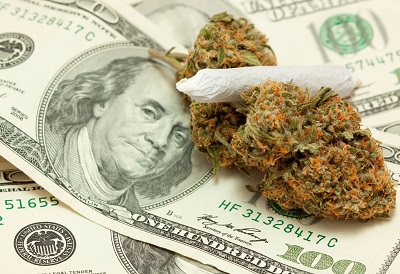Last Monday saw China’s policymakers trying to soothe its jittery markets. They promised to initiate deeper financial market reforms and emphasized that the economy was beginning to get back on its feet. After a four-day long weekend, stocks had resumed trading.
The wild gyrations in Chinese equity markets had led to the markets nose-diving 40% since mid-June. China’s securities regulator was looking to draw a line under the unfortunate situation by saying that more steps will be in place to ensure the market regains stability. Government officials stressed that the volatility was cooling down.
Late on Sunday, the China Securities Regulatory Commission said that in normal circumstances, the government would not intervene. However, severe and abnormal fluctuations in the markets would force the government to take decisive and timely measures.
The Commission said that it is considering putting in place a circuit breaker system for China’s stock indexes to stop trading in case of wild price moves.
The impact of the commission’s comments
After an initial bounce, the comments impact on stocks was fairly muted.
By lunchtime break, the Shanghai Composite Index gained 0.9% while the CS1300 index of the biggest stocks in Shenzhen and Shanghai was 0.3 % up.
Last week witnessed the investment community based in China in anxiety after the media reported that Li Yifei, the China chairperson of Man Group Plc, was in custody to assist with investigations into stock market volatility.
However, Li claimed that the reports were not correct, saying last week found her in industry meetings before going to a 5-6 day trip to meditate.
Emphasizing Stability
Policymakers and regulators in China are striving to convince the globe that their financial markets have regained normalcy, after the unpleasant swings in stocks accompanied by August surprise devaluation of the Yuan sparked jitters in markets all over the globe.
Zhou Xiochuan, China’s Central Bank Governor, made it known to financial leaders from the world’s twenty economic giants over the weekend that Chinese financial markets were finalizing their correction after a plunge in the first half of the year.
“ Currently, the renminbi to dollar exchange rate already tends toward stability, the stock market adjustment is already roughly in place and financial markets can be expected to be more stable,” said Zhou in a convergence of G20 financial leaders in Turkey.
Lou Jiwei, China’s finance minister, said that the central government spending would go up 10% this year. The initial expectation of growth at the beginning of 2015 was 7%.
Will the country’s economic growth be healthy?
Chinese regulators have encountered challenges in restoring stability in their markets due to a series of soft economic data, as fears of China’s hard landing grow.
The economy may experience the slowest expansion since 25 years ago, and if the country fails to play its cards well, it may miss the official 7% growth forecast.
However, analysts are confident that the risk has diminished due to the five interest rates reduction since last November and increased government spending.
The head of research for Asia at ING Bank in Singapore, Tim Condon, said that considerable monetary policy stimulus would help the country realize its annual growth in the about 7% range. China’s top economic planning agency tried to support that view, stating on Monday that the country’s rail freight, power usage and property market have all demonstrated satisfying improvements since last month, showing the economy is stabilizing.
The National Development and Reform Commission was of the opinion that the economy is expected to continue improving steadily towards achieving the annual economic growth target.


